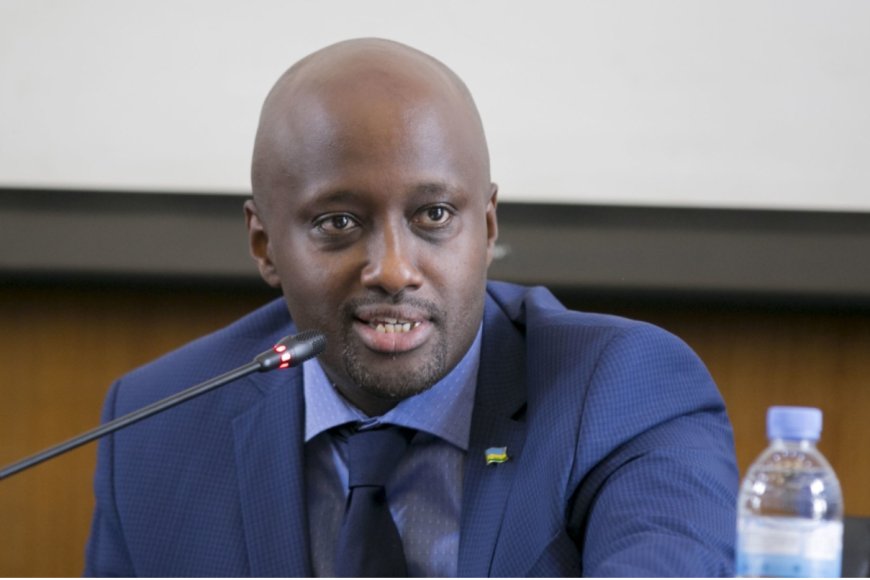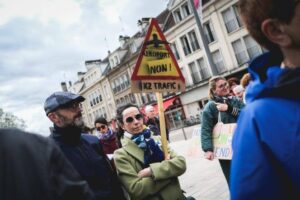Since the March 23 Movement (M23) seized control of Goma in late January and Bukavu in February in eastern Democratic Republic of Congo (DRC), there has been significant international backlash regarding Rwanda’s involvement in the conflict. Multiple UN reports have indicated that Kigali is providing military assistance to this armed group, with estimates suggesting that between 3,000 and 4,000 Rwandan soldiers are actively fighting alongside them.
In a recent interview, Olivier Nduhungirehe, Rwanda’s foreign affairs minister, defended his country’s stance, more than three years after the conflict reignited, coinciding with Angola’s announcement to facilitate direct negotiations between the DRC and the M23 on Tuesday, March 18.
Angolan President Joao Lourenço has confirmed that these direct discussions will occur, marking the first engagement between Kinshasa and the rebel group in three years. Do you view this as a positive development?
We have consistently maintained that direct dialogue between the Congolese government and the M23 is essential to address the underlying issues of the crisis. The movement has resumed armed conflict in response to the persecution and discrimination faced by Rwandophone Congolese, particularly Tutsis, who have recently experienced lynchings and even acts of cannibalism. These issues must be addressed: Rwandophones deserve to live in peace and security within the DRC.






